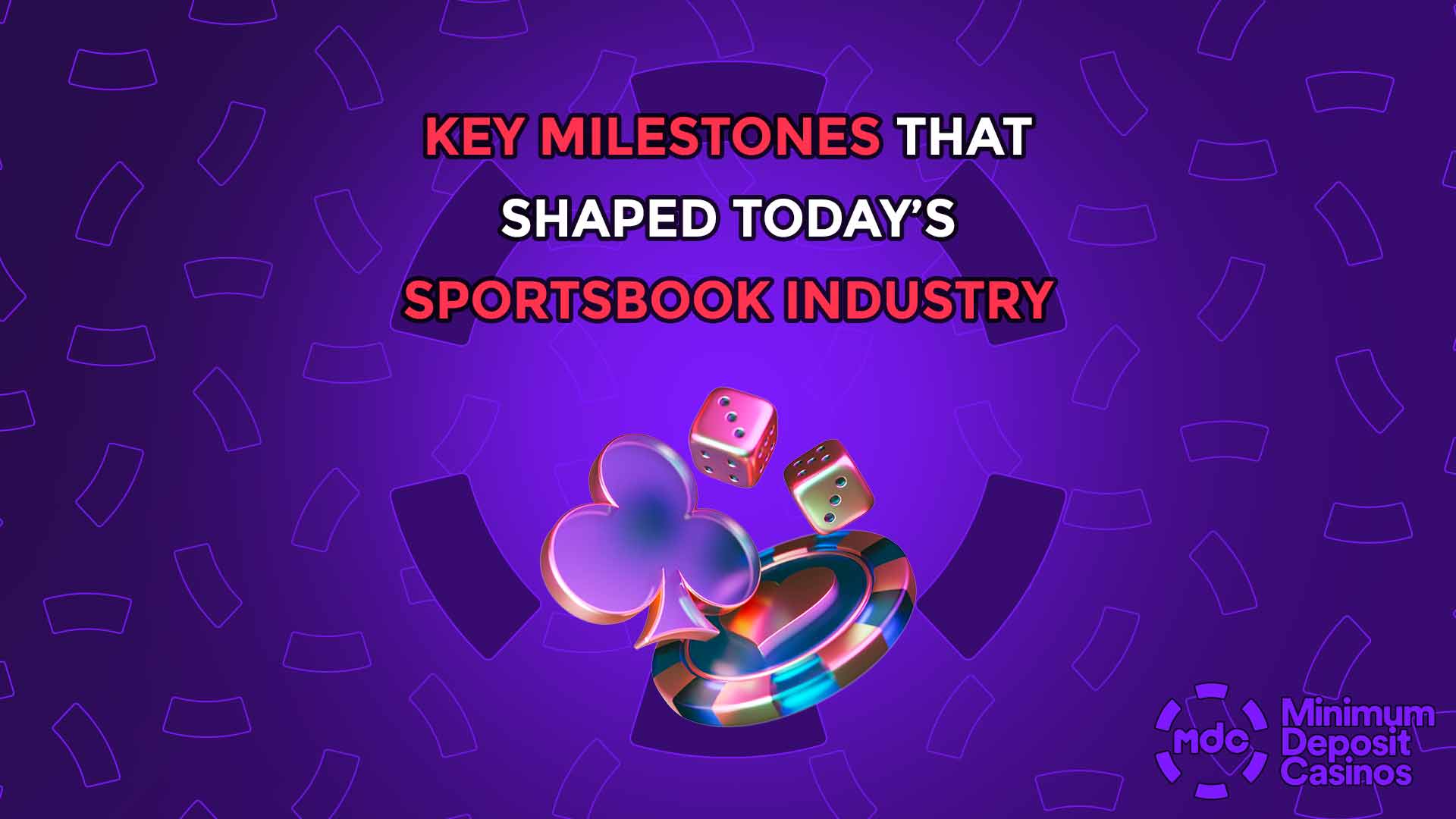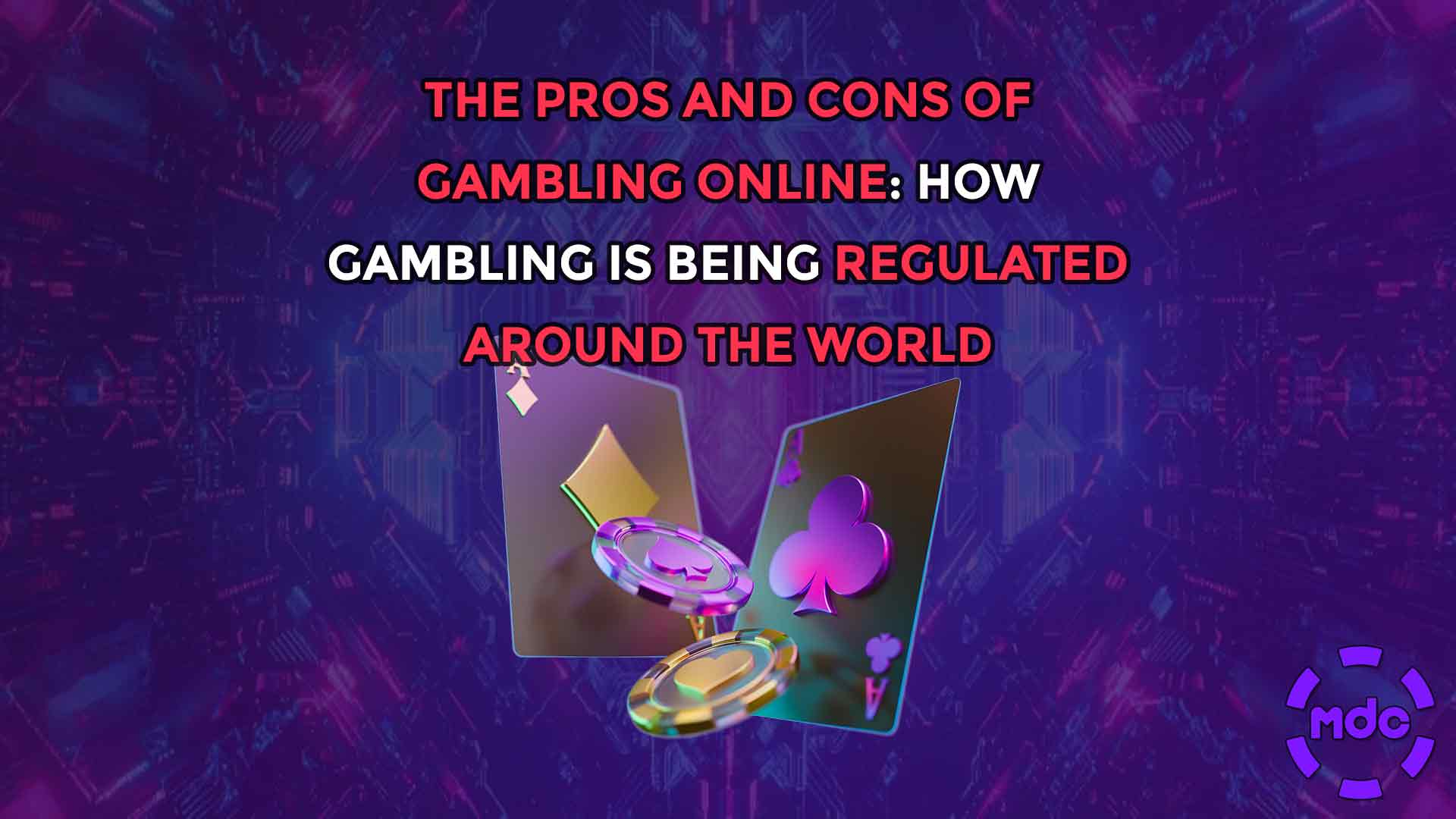PAGCOR Cashes In on Online Gaming but Cracks Down on Copycat Casinos
The Philippine Amusement and Gaming Corporation (PAGCOR) has reported a massive ₱69 billion (about US $1.2 billion) in online gaming license fees collected from January to July 2025. It’s a record-breaking run, with revenue streaming in from electronic games and other regulated online casinos. But alongside the boom, there’s a shadow – illegal gambling sites trying to pass themselves off as the real deal.
Record Revenue Fuels Public Services
PAGCOR’s online revenue machine isn’t just breaking records; it’s powering public programs that millions rely on. Between January and July 2025, licensed operators contributed a total of ₱69 billion in fees. Here’s the breakdown:
- ₱41 billion from electronic games (eGames) – this includes digital slot machines, online table games, and virtual gaming lounges.
- ₱28 billion from other online formats – ranging from interactive betting platforms to regulated remote casinos.
But the real story is where the money goes. PAGCOR has already turned over ₱27.47 billion to government projects, with the biggest beneficiary being the Universal Health Care Law, which received ₱14.72 billion. This funding directly supports hospitals, medical supplies, and health programs for Filipino citizens.
Other allocations went to:
- Community development projects, such as school improvements and disaster relief.
- Social welfare initiatives, particularly those supporting vulnerable groups.
- Nation-building funds, which bolster infrastructure and long-term public programs.
In short, every peso wagered on a licensed site helps bankroll services that benefit everyday people. For players, that means your Friday night blackjack session isn’t just about chasing wins – it’s also indirectly supporting healthcare and schools across the country.
The Dark Side: Illegal Operators on the Rise
PAGCOR isn’t celebrating without caution. The regulator has flagged unlicensed operators using copycat logos, fake licensing certificates, and even social media livestreams to attract unsuspecting players. These sites:
- Put players at risk of losing money to scams.
- Open the door to identity theft and fraud.
- Steal tax revenue that would otherwise go toward public services.
Enforcement and Crackdowns
PAGCOR has promised to tighten enforcement by exposing illegal platforms and stepping up regulation of the online space. They’re also monitoring social media channels where rogue operators attempt to lure players with flashy ads or fake live streams.
The agency’s crackdown isn’t just about protecting government revenue – it’s about shielding players from dangerous operators. By prioritizing transparency and licensing, PAGCOR is trying to create a safer ecosystem for all types of gamers, whether they’re spinning slots at casinos with a minimum deposit or trying out the latest live dealer experience.
Why Gamblers Should Care
- Safe and Secure: Licensed casinos protect your deposits and your data.
- Nation-Building: Your bets help fund health care and infrastructure.
- No Scams, No Stress: Choosing verified operators means peace of mind when you play.
Final Takeaway
The rise in online gaming revenue is great news for the Philippines, but only when it flows through legitimate, regulated casinos. For players worldwide, it’s a reminder to always check that the site you’re playing on is licensed – whether that’s PAGCOR, the UKGC, or other trusted regulators.
Bottom line: If you want your bets to count, avoid the fakes and stick to the real deal.







